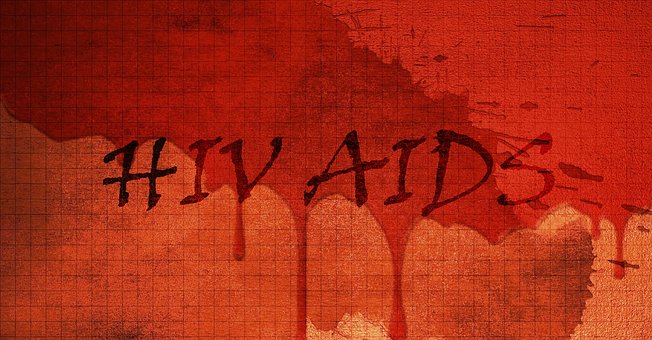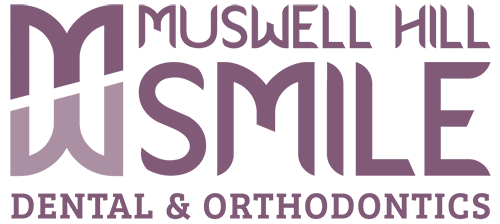
Once someone acquires HIV, the virus remains in their body for the rest of their life. If someone’s tested and found to be infected with HIV, they’re said to be HIV positive or living with HIV. Many people living with HIV have no obvious signs and symptoms. 2 in 5 people in the UK newly diagnosed with HIV are diagnosed late – this means they’ve been living with undiagnosed HIV for a number of years.
If HIV is diagnosed, you’ll be referred to a specialist HIV clinic. The clinic will do blood tests to monitor the stage of the infection and you’ll be offered treatment straight away. Untreated HIV will cause long-term damage to your health. Eventually, it can develop into late-stage HIV infection, which can lead to death.
People with HIV should see a dentist regularly.
 When you go to the dentist, you may be asked to provide a medical history and this may include a question about having HIV. The dentist only really needs to know this so they can check for signs of HIV-related problems in the mouth.
When you go to the dentist, you may be asked to provide a medical history and this may include a question about having HIV. The dentist only really needs to know this so they can check for signs of HIV-related problems in the mouth.
A comprehensive intraoral soft tissue, periodontal and hard tissue examination should be conducted at an HIV-positive patient’s initial assessment.
All dental practices should be able to provide routine dental care for adult or paediatric HIV-positive patients. Nearly all patients with HIV are able to tolerate routine dental care and procedures, including oral surgery.
Indications for dental extractions and other oral surgical procedures are the same for HIV-positive patients as for any other patient.
According to the British Dental Association:
- The same procedures should be used for all patients.
- It’s unethical as well as unlawful to refuse dental care to people with HIV.
- It’s also illogical – lots of people have HIV without knowing it, so dentists treat people who have HIV anyway, and need to follow universal precautions all the time.




